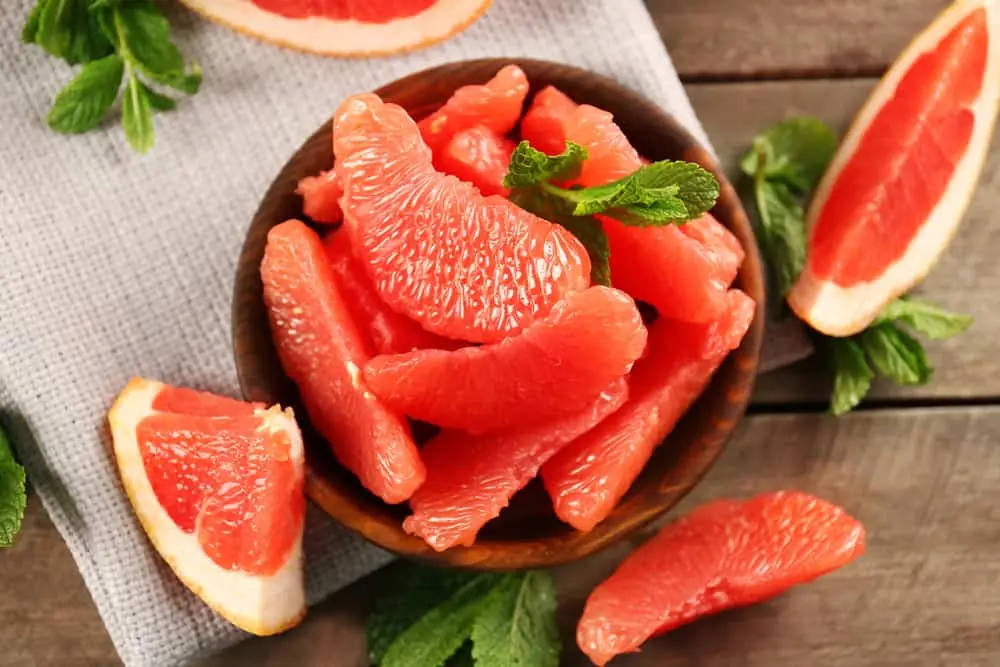
Do fish get thirsty when living in water?
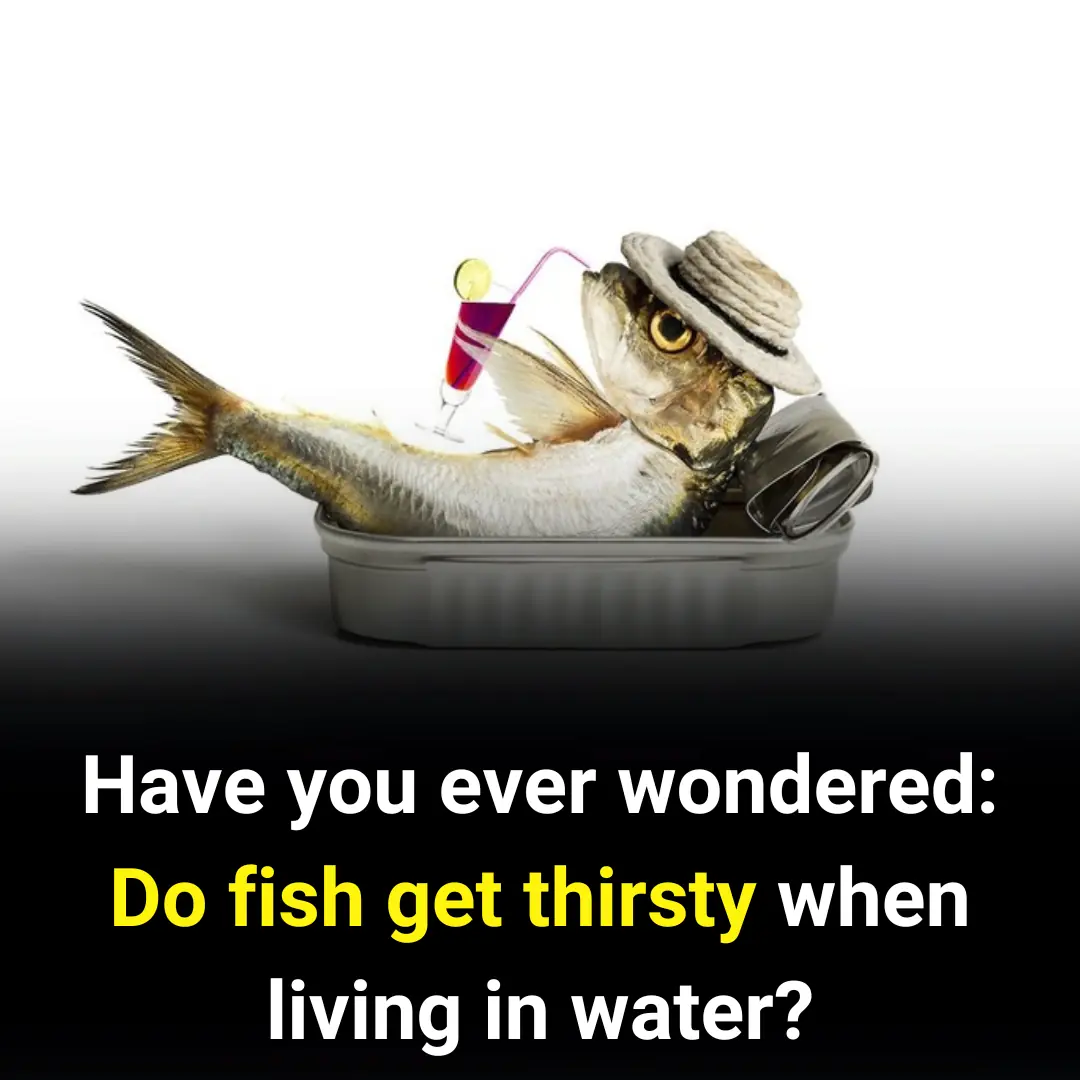
In fact, fish do not really need to feel thirsty to drink water. Drinking water is just a reflex that occurs without any decision from their body. Therefore, it can be said that fish never feel thirsty.
Whether fish are thirsty or not depends on their species. Because, saltwater fish and freshwater fish have different biological anatomy, which leads to different behaviors in drinking water.
Saltwater fish and freshwater fish drink water differently.
- Do freshwater fish drink water?
The salt concentration in the blood of freshwater fish is much higher than that of the surrounding water. Therefore, if freshwater fish drink water, they will face a high risk of blood thinning. That is why freshwater fish do not drink water.
Instead, they use the osmosis mechanism. Freshwater fish absorb water through their gills and skin. In addition, they also excrete much more diluted urine to remove excess water from the body.
- How do saltwater fish drink water?
Compared to the surrounding water environment, saltwater fish have much thinner blood. Therefore, to avoid dehydration, saltwater fish must actively drink water. With the advantage of having special gills, saltwater fish can drink seawater, process and excrete all excess salt.
Saltwater fish always actively drink water in any situation.
- What about fish that live in saltwater and freshwater?
Fish species that can live in both saltwater and freshwater environments are not very numerous. A typical example is salmon, which can migrate from saltwater to freshwater.
Baby salmon are born in freshwater, they will have to go through three major changes before leaving their birthplace to return home to saltwater. First, they will drink a lot of water. Next, their kidneys will reduce the amount of urine. And most importantly, the mechanisms in their gills will start working in reverse, eliminating instead of absorbing the salt in the water.
When salmon reach adulthood, they need to return to freshwater to spawn, they will spend a few days in an intermediate environment, also known as the tidal flats (shore waters or areas where the seabed is exposed at low tide). Here, their bodies will reverse the entire transformation process they had when they were young to be able to survive in freshwater. So the answer is that fish that can live in both water environments drink water.
No matter which environment they live in, fish need to drink water.
- Do other aquatic creatures drink water?
Fish actively drink, but not because they are thirsty. There are two reasons for this seemingly reluctant drinking. First, fish basically live in water, so their bodies do not have an urgent need to drink water.
For fish, thirst is a reflex that occurs without any brain-controlled urge. It is just an instinct. They do not necessarily feel thirsty to drink water. We all know that these creatures, like all other species, need water. The question to be clarified here is whether they drink water from the surrounding environment or not.
News in the same category


Add a Few Drops of Oil to an Onion: A Simple Home Trick That Repels Mosquitoes and Improves Sleep

Revealed: The 10 Most Toxic Foods in the World — Some Are Shockingly Familiar

3 Effective Ways to Prevent Snakes From Entering Your Home
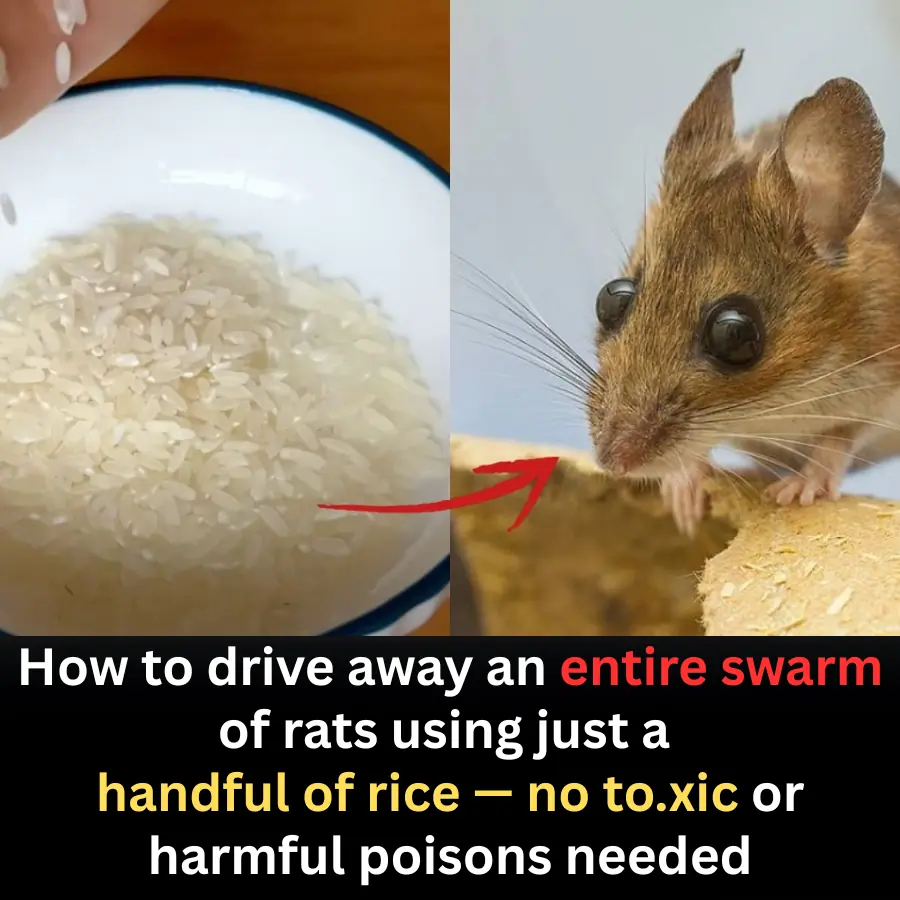
A Simple, Safe Way to Repel Rats Using Only Rice

The reason dogs always behave this way is because

The Vegetable Once Reserved for Emperors — Now Found in Everyday Gardens

The Overlooked Plant Said to Support Health in Many Ways

The World’s Rarest and Most Expensive Plant — Found Only in Vietnam
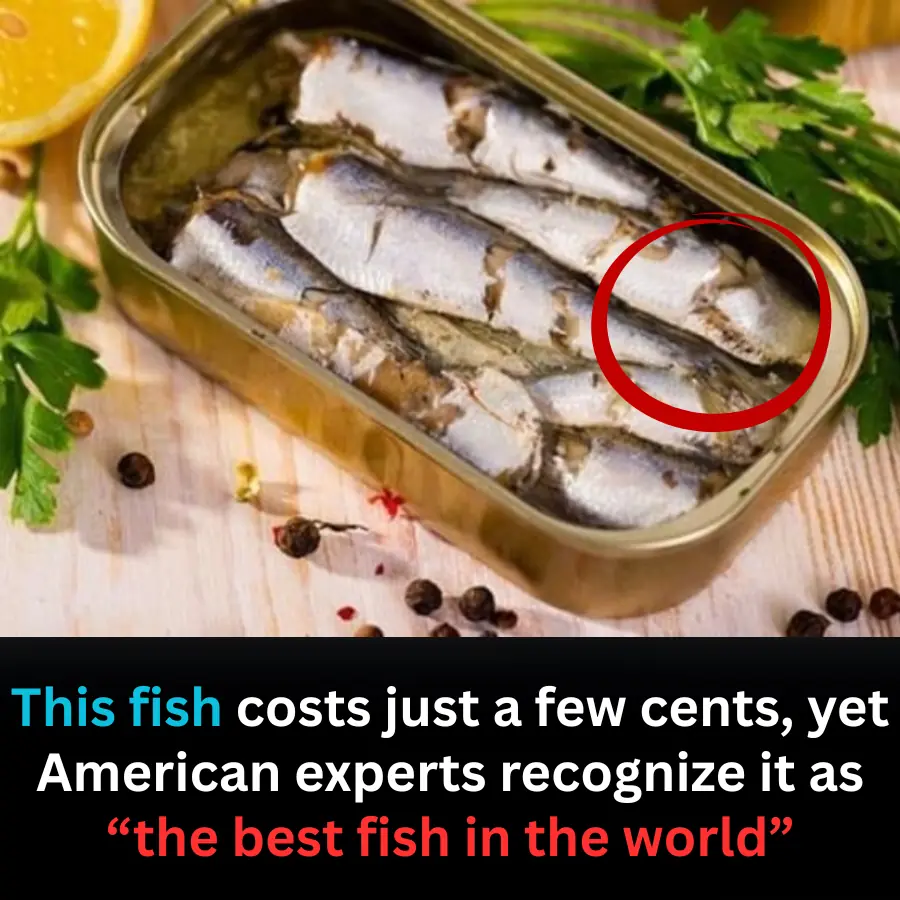
The World’s Best Fish — Shockingly Cheap and Found Everywhere

Why do many flight attendants bring a banana with them on flights?

How long should frozen meat last before it should be discarded?

Here are some possible reasons you might be getting these bruises
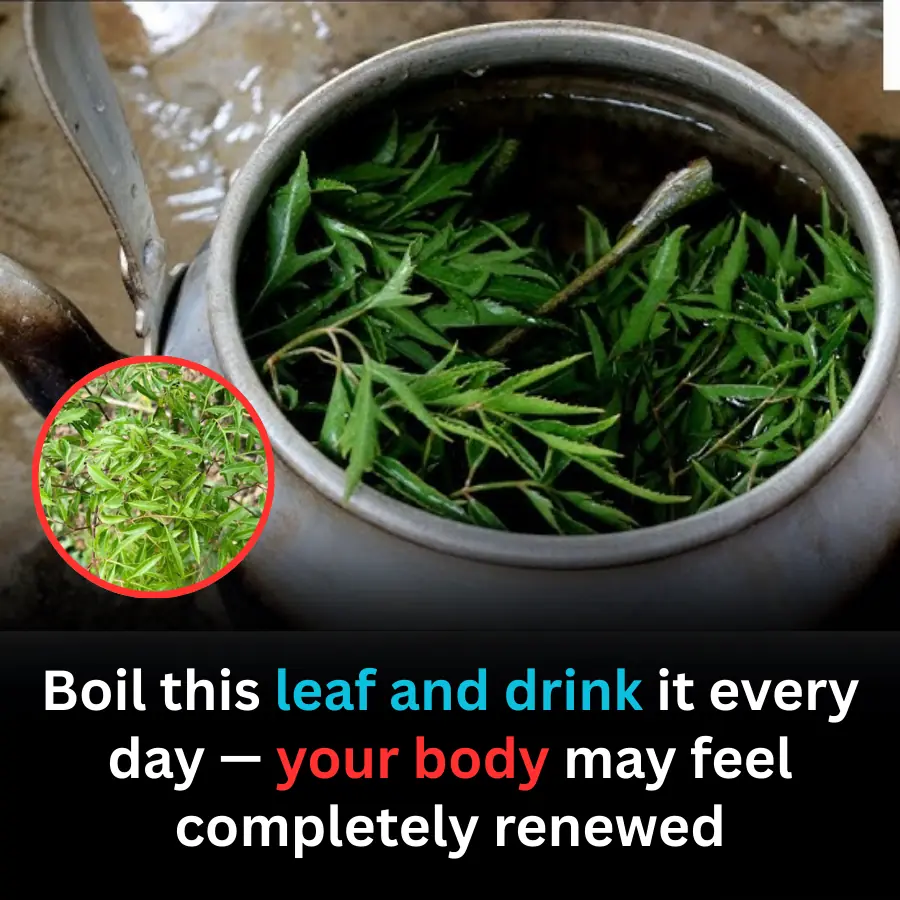
Drinking Polyscias fruticosa Leaf Tea Daily: A Simple Habit Linked to Notable Health Benefits

Now I know these 4 relics should never be kept

With just a few simple tips passed down by seasoned fishermen

When buying oranges, should you choose ones with a big or small “navel”? Here are 4 tips to pick super-sweet oranges

Doctors Explain What Happens When You Eat Bananas Every Single Day

The Tiny Seat Belt Button You’ve Probably Never Noticed — Here’s What It’s For
News Post
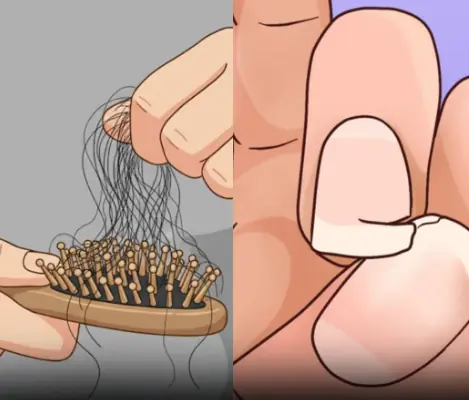
Adrenal fatigue: what it is and 17 all-natural ways to fix it fast

Important News for Everyone Who Loves a Daytime Nap

Grapefruit Is Healthy and Generally Safe, but These 4 Groups Should Avoid It

10 Stroke Warning Signs You May Notice 1 Month Before It Happens
Do your legs cramp up at night? Learn the common reasons and the best ways to prevent it.

Here’s What Really Happens When You Sleep with Socks On

Meatball Zucchini Pasta (Italian-Style)

7 Ways How To Deal With A Cheating Husband

If Your Kidneys Are in Danger, the Body Will Show these 10 Signs

When bitten by a snake, you should do these things first

Two Fruits That Cancer Cells “Love”: Why Experts Advise Limiting Them
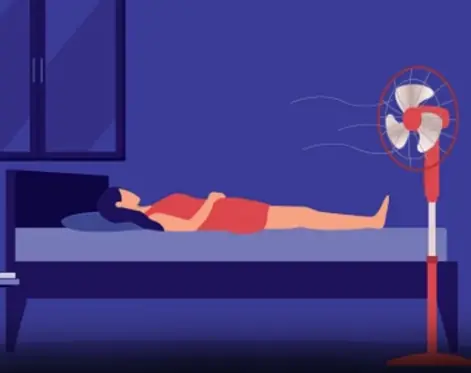
Many of you still don't know what could happen if you continue to sleep like this all night.

Warning: These 3 intimate habits in men may increase a woman’s risk of cerv.ical can.cer. Don’t ignore them.

Add a Few Drops of Oil to an Onion: A Simple Home Trick That Repels Mosquitoes and Improves Sleep
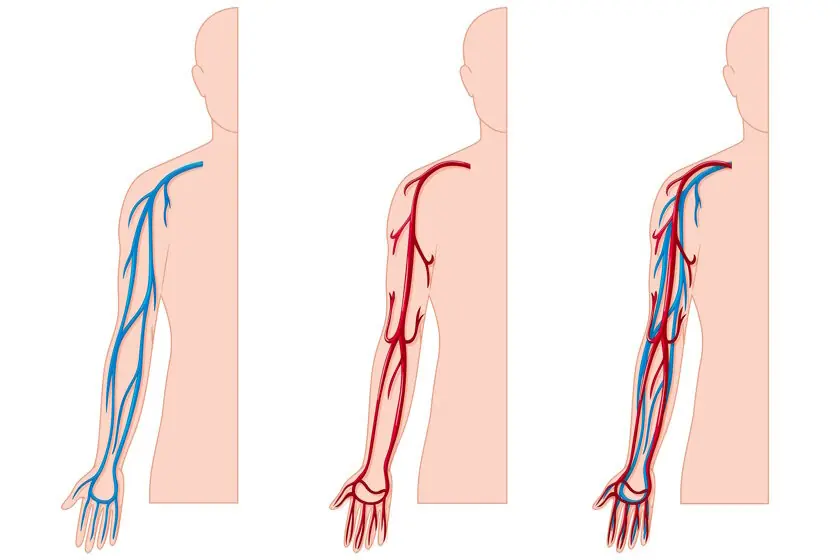
Bulging Veins: What It Could Mean for Your Health
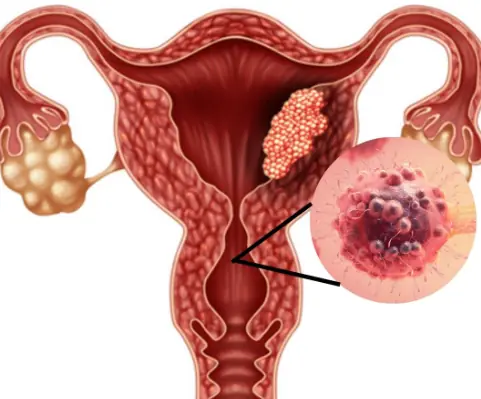
5 early warning signs of cervical cancer

Revealed: The 10 Most Toxic Foods in the World — Some Are Shockingly Familiar

The Vegetable That Helps Reduce Sugar in The Body. It is Diabetes’ Strong Opponent

5 Early Signs of Thyroid Can.cer You Can Easily Notice
